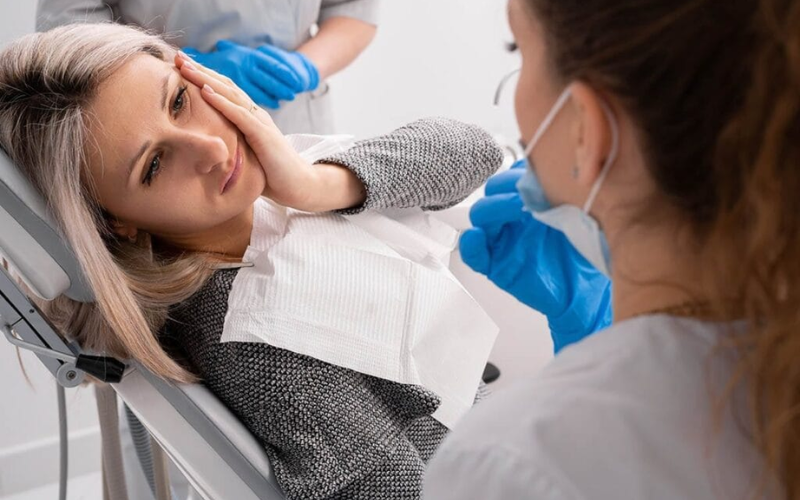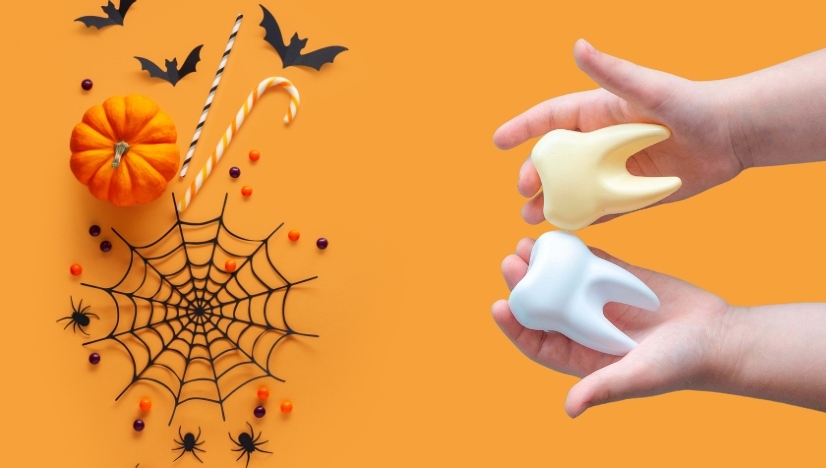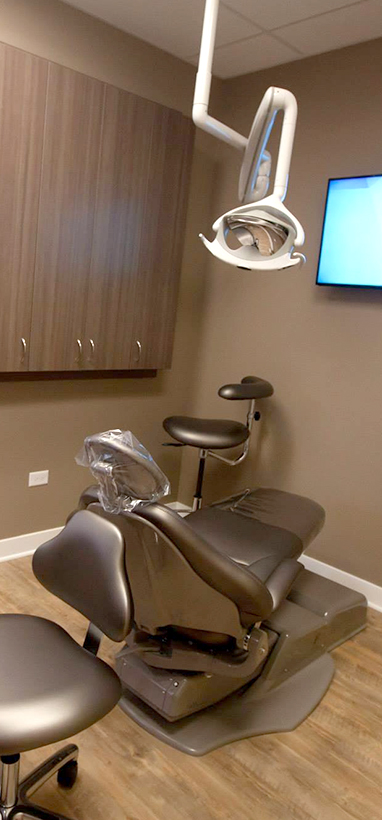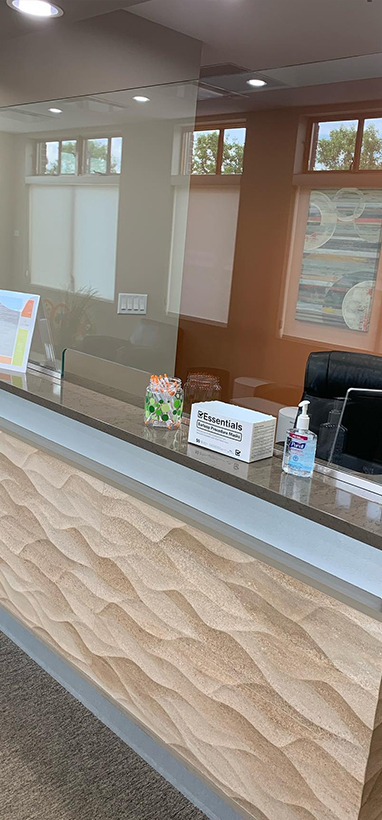1516 Legacy Cir, Naperville, IL 60563
The Most Common Dental Emergencies And What To Do

Dental urgency comes without an invitation, bringing discomfort, anxiety, and uncertainty with it. Knowing how to respond to these circumstances is undeniably crucial to preserve a tooth or averting other issues. Read about the most common dental emergencies and what you should do right at that moment.
Usual Dental Emergencies and How To Handle Them
1. An Excruciating Toothache
An abrupt & severe toothache indicates decay, infection, or even nerve injury.
What to do?
- To get rid of particles, rinse your mouth with warm water.
- To make sure there isn’t any food stuck in between teeth, lightly floss.
- Take an over-the-counter pain reliever; do not take aspirin if bleeding.
- See a dentist right away as constant discomfort indicates a major problem.
2. Tooth Loss
It’s possible to save a tooth by taking quick action after losing one.
What to do?
- Do not pick up the tooth by the root but by its crown.
- Gently rinse it with water; do not scrub or use soap.
- Make an effort to put it back in the socket. If that isn’t possible, keep it in saline or milk.
- For the best possibility of reattachment, see a dental emergency professional within 60 minutes.
3. A Broken or Chipped Tooth
Even though a broken or chipped tooth doesn’t usually hurt, it can get worse if treatment isn’t received on time.
What to do?
- Use warm water to rinse your mouth.
- To reduce swelling, apply a cold compress.
- Save any broken pieces and bring them to an emergency dentist in Naperville.
- Avoid chewing on the affected side until it’s treated.
4. Lost Filling or Crown
Losing a filling or crown can expose sensitive tooth tissue, leading to discomfort.
What to do?
- Use temporary dental cement (available at drugstores) to cover the area.
- Avoid sticky, hard foods that can worsen the damage.
- Keep the crown safe— Dentists are able to reattach it.
- Book an appointment as soon as possible to prevent further oral health issues.
5. Bleeding Gums or Oral Injury
Bleeding after an injury or while brushing could indicate gum disease or trauma.
What to do?
- Apply gentle pressure with sterile gauze to stop the bleeding.
- Rinse with a saltwater solution to reduce bacteria.
- Use a cold compress on the outside of your mouth to reduce swelling.
- If bleeding doesn’t stop within 10 minutes, see a dentist immediately.
More than 5 million teeth are knocked out every year in the U.S. due to accidents and injuries—fast action can save them.
6. Abscess or Swelling
A dental abscess is a serious infection that can spread if not treated promptly.
What to do?
- Rinse with warm salt water to ease discomfort.
- Do NOT pop or drain the abscess yourself.
- Take a pain reliever if needed.
- Seek emergency dental care immediately—abscesses can become life-threatening.
Dental emergencies can be scary, but knowing how to respond can prevent further damage and relieve pain. Call our emergency dentist right away to receive professional care as soon as possible. Quick action can mean the difference between saving and losing a tooth.










